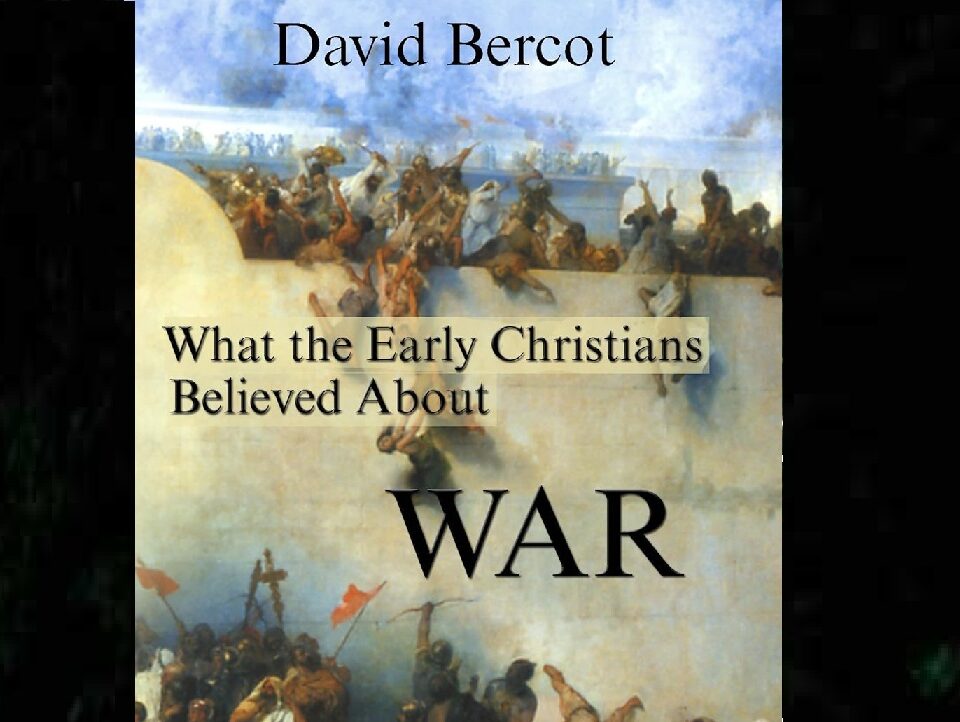by Bill Wachtel
In so-called “replacement theology,” which is very widespread, literal, ethnic, national Israel is no longer in view as God’s covenant people, but rather the Church has fully and permanently replaced Israel. The Old Testament promises of restoration for Israel are “reinterpreted” by this theology so as to make the Church the recipient of all the blessings, while national Israel is left to receive only God’s curses.
Historically, the Catholic Church adopted this theology and made it widely popular. The Protestant reformer John Calvin perpetuated it among his own followers, and it is accepted today by many so-called “evangelicals” as well as (surprisingly!) Jehovah’s Witnesses (contrary to the views of their own founder, C.T. Russell).
This replacement theology stands clearly invalidated by Romans 11 (and a mass of OT prophecy), where “Israel” means literal Israel and where Paul tells us that God still has plans for them as a nation (vv. 22-32) because they are “beloved for the fathers’ sake” (v. 28). The medieval Church adopted a method of “interpreting” Bible prophecies “allegorically.” This allegorism continues in much of the professing church today. Allegory means “saying something other.” It is a spiritual poison, because it nullifies the text of Scripture in the name of “interpretation.” (A very occasional genuine allegory in the Bible is so labeled, Gal. 4:24). False “allegorizing” is a sophisticated way of getting rid of truth one does not care to believe!
Long ago, people of Abrahamic faith realized that this method was untrue to Scripture and was destructive to belief in the Gospel of the Kingdom. The Gospel of the Kingdom includes vital information about the now hardened, blinded Israel (not the Church) who are “enemies of the Gospel” (Rom. 11:28). But collectively, in the future, they are going to turn to the Messiah. Meanwhile individual Jews can of course join the followers of Jesus the Messiah and become members of the spiritual “circumcision” (Phil. 3:3; Gal. 6:16, the Israel of the spirit, not “the Israel of the flesh,” 1 Cor. 10:18).
Insisting on a biblical future for national Israel does not mean that we as Christians are supposed to be active politically to bring about whatever agenda we think the Bible supports. We believe the Church is not called to such activity but rather to be separate from the governments of this age. For this reason we do not vote nor bear arms.
Though we believe in the restoration of national Israel, this does not mean that we see the current government of Israel as the Kingdom of God. We do not believe that Zionism is the fulfillment of the biblical picture of Israel regathered in true faith. We do not believe that the Israelis do not make serious mistakes, as we all do. Israel has not yet been converted to the Christian Gospel of salvation, nor to the ethic of the New Testament. Paul calls them “enemies of the Gospel” (Rom. 11:28). They are a worldly government just like all other current governments. They have been brought back to their historic homeland in unbelief, just as our forefathers in the Abrahamic faith envisioned.
But they needed to be there, in the land, in their unbelief in order for God to deal with them in that land, just as His prophets foretold. Many prophecies concern events yet to occur in Israel. In the future, after the Great Tribulation, a collective national repentance and turning to the Messiah is to be expected. “Thus all Israel will be saved” (Rom. 11:26). Micah’s comment fits well: “I will surely gather all of you, Jacob; I will gather the remnant of Israel” (Mic. 2:12). Israel as a whole will be finally converted. This does not mean every Jew, just because he is a Jew. Everyone must choose to repent and accept Jesus and his Gospel of the Kingdom (Acts 8:12).




